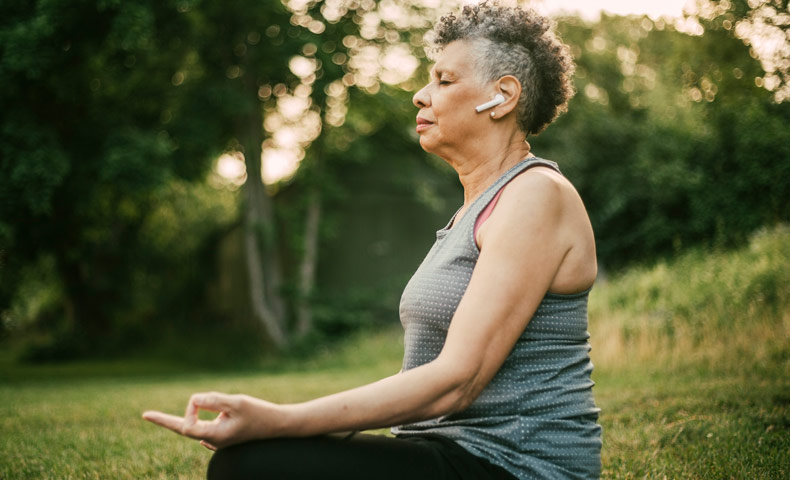
You may have heard the phrase “self-care” often — but what does it mean? What counts as self-care, and why is it important?
Simply put, self-care is looking after your physical, mental, emotional and spiritual health. It can mean engaging in specific activities, or it can mean just taking time out of your day to focus on your own well-being. It’s also important to note what self-care is not: It’s not selfish or self-indulgent. Instead, it’s a recognition that you can’t be fully present for or take care of others unless you first make sure you’ve nourished your body and replenished your physical and emotional resources.
Benefits of self-care
Taking good care of yourself can have a big impact on your health and quality of life. It can help you:
- Manage stress
- Feel more energetic
- Reduce your risk of illness
- Boost your mood
- Get motivated
- Improve your physical health
- Connect with your thoughts and emotions
- Relate better to others
Self-care may be even more important during COVID-19, as many of us struggle with changes in our day-to-day routines, or with the stress, fear and uncertainty of living through a pandemic.
Ways to practice self-care
Self-care comes in many forms — and the best ones are the ones that work for you. Keep in mind that what’s best for you may change based on what you need, what’s happening in your life or how you feel.
One place to start is with the basics: Get enough sleep, eat a healthy diet, engage in physical activity and stay hydrated. These are all self-care, but sometimes just fitting them into a busy schedule is a struggle. If these are all — or more than — you can manage right now, then add just one more self-care practice: Show yourself some compassion and acknowledge that you’re doing the best you can.
If you want to add to your self-care practice, there are many other forms you can try. The suggestions below are organized by the different aspects of your life you may want to focus on — but there’s plenty of overlap. You’ll likely find that many of these activities benefit you in more than one area.
Physical
- Spend time in nature
- Play a sport
- Do yoga or gentle stretches
- Have a massage
- Practice deep breathing
- Take a nap
Emotional/Spiritual
- Connect with a friend or loved one
- Meditate
- Read a religious, spiritual or inspirational text
- Write in a journal
Mental/Creative
- Draw, paint or practice a craft
- Listen to music or play an instrument
- Dance
- Solve puzzles
- Take a class
- Learn a skill or language
Social
- Play a group game
- Invite a friend for a meal, walk or talk
- Volunteer for a cause that’s meaningful to you
- Write a letter to someone important to you
Make self-care a mindset
Self-care doesn’t have to be a specific activity. It can also be a way of thinking or an approach to managing your time and energy. You’re practicing self-care when you:
- Set an intention at the start of your day that focuses on your well-being
- Take a pause when the whirlwind of life is swirling around you
- Say no when you don’t have the energy or mental resources to take on one more task
- Focus on the present when the future seems too uncertain
- Reflect with gratitude on the good things in your life
If you’d like to integrate more self-care into your life but can’t seem to fit it in, a therapist can help. They can help you identify barriers, set priorities and build skills for taking better care of you.
Recommended Posts


